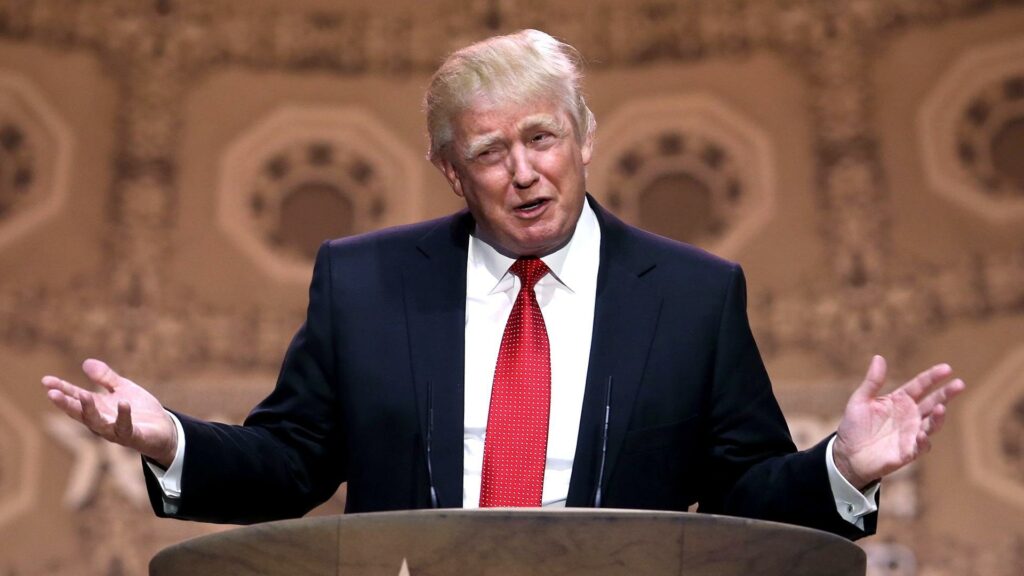U.S. President Donald Trump announced plans to supply Ukraine with advanced weapons through NATO allies while threatening Russia with sweeping economic sanctions if a peace deal is not reached within 50 days. The announcement followed Trump’s meeting in Washington with NATO Secretary-General Mark Rutte.
“We want to make sure Ukraine can do what it wants to do,” Trump said, underscoring renewed U.S. commitment to Kyiv’s defense. Rutte confirmed that the U.S. would “massively supply Ukraine with what is necessary through NATO,” with European countries contributing Patriot air defense systems and receiving replacements from the U.S.
Though specific details were sparse, Trump pledged billions of dollars’ worth of “top-of-the-line” weapons and rapid delivery to the battlefield. The initiative, according to Ukrainian President Volodymyr Zelensky, was welcomed as a step toward securing peace and protecting civilians from intensified Russian strikes.
The boldest part of Trump’s strategy, however, lies in his economic ultimatum: a 100% secondary tariff on any country trading with Russia, applicable to goods sold in the U.S. This means nations like India, which continue to import Russian oil, would face steep penalties if their exports enter the American market.
Such a move aims to cripple Russia’s war chest, heavily reliant on oil and gas exports, which comprise over 60% of its foreign trade revenue. Yet, market reactions in Moscow suggested muted concern. The Moscow Stock Exchange rose sharply, reflecting investor relief that Trump’s measures weren’t even harsher.
Trump’s tone on Russian President Vladimir Putin has shifted, too. Once known for avoiding criticism of the Kremlin leader, Trump acknowledged that “talk doesn’t mean anything” after repeated air strikes followed his conversations with Putin. “I don’t want to call him an assassin,” Trump said, “but he’s a tough guy… he didn’t fool me.”
While Trump’s announcement was met with skepticism in Moscow, Ukrainian officials expressed cautious optimism. With 50 days to avoid the tariff trigger, the clock is now ticking for both diplomacy and deterrence.

